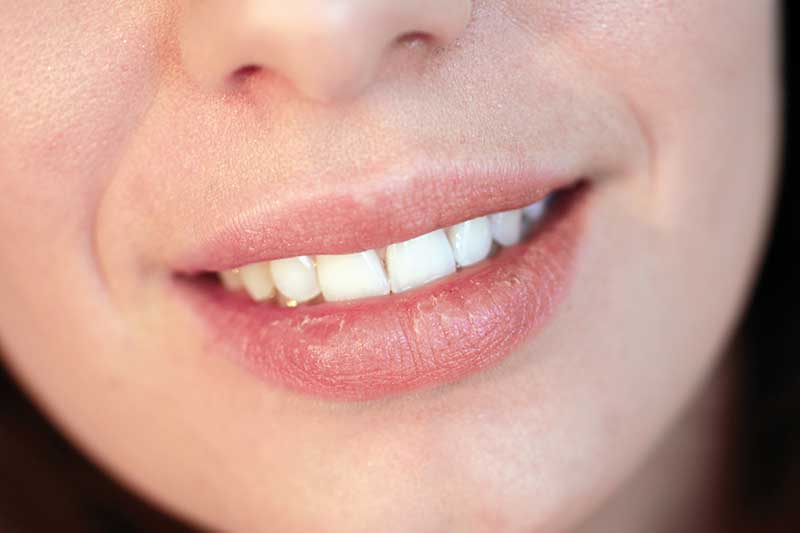Saliva is essential for our mouth and health. We need saliva to maintain the health of our teeth and to have a healthy digestive system. Our saliva does a lot for our health. It prevents any infection from taking root in our teeth; it stops excess fungi or bacteria from taking root in our teeth and mouth. Our mouths get rough and dry without saliva. It gets uncomfortable to chew, swallow, or even put something in the mouth.
Xerostomia or Dry Mouth has many causes. The symptoms and signs are common, but they are easily distinguishable. If you go to your dentist, he or she will be able to find it and treat it at the right time. However, the patient always has to find the symptoms. If the patient cannot find any problem, the dentist will not be able to help him.
The common but easily distinguishable symptoms of dry mouth are:
- The patient gets thirsty frequently. He will have the urge to drink water or some liquid every fifteen minutes or so.
- The patient has a dry yet sticky feeling in the mouth. The patient is not able to swallow anything properly.
- The throat feels dry at all times.
- The patient has mouth sores; the skin is split at the corner of the mouth. The lips are cracked and swollen and are usually white.
- The tongue and the inside of the mouth have a tingling or burning sensation.
- The tongue is raw, red, and very dry at all times.
- Bad breath, having problems in speaking chewing, tasting, sore throat, dry nasal passage, and hoarseness are also common.
What Causes Dry Mouth?
One of the exceptional dentists has shared the causes of dry mouth with us.
Medications:
Dry mouth is a common side effect of many off the counter and prescription drugs. The drugs used to treat anxiety, depression, allergies, pain, cold, acne, obesity, hypertension, epilepsy, diarrhea, psychotic disorders, nausea, urinary incontinence, Parkinson’s disease, and asthma can cause dry mouth. If a person is taking sedatives or muscle relaxants, he is also vulnerable to dry mouth.
Infections and Diseases:
It is also a side effect of certain medical conditions. Some of the most common diseases include HIV/AIDS, diabetes, Alzheimer’s disease, Anemia, rheumatoid arthritis, cystic fibrosis, Parkinson’s disease, mumps, hypertension, and stroke.
Medical Treatments:
Some medical treatments cause dry mouth. Some of the medical treatments can damage the saliva glands, which, in return, causes dry mouth. For example, the cancer patients who are taking chemotherapy develop dry mouth because radiations to the neck and head area can damage the saliva production.
Dehydration:
Dehydration is another significant cause of dry mouth. Diseases like fever, vomiting, excessive sweating, blood loss, and diarrhea cause dehydration, which in return cause dry mouth.
Nerve Damage:
Nerve damage is also a cause of dry mouth. If a patient has an injury to the head or neck area, he should get himself checked for the signs of dry mouth as well.
Lifestyle Choices:
The lifestyle choices, too, are a significant cause of dry mouth. Chewing or smoking tobacco can affect the production of saliva. If a patient breath frequently from the mouth, then the patient too can get dry mouth.
These are the common causes, signs, and symptoms of dry mouth. Keep them in your mind and contact your dentist if you think you have them.

